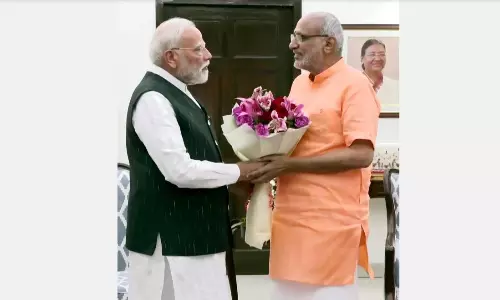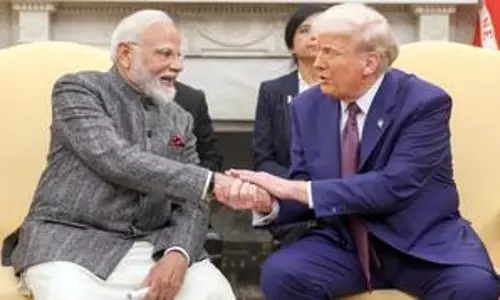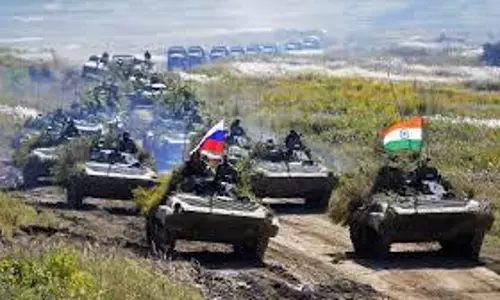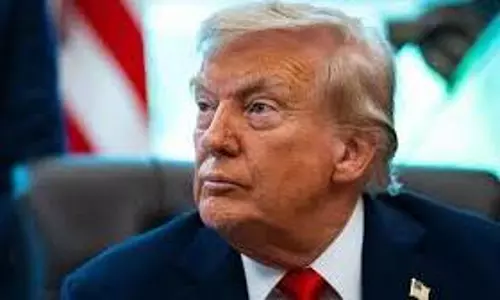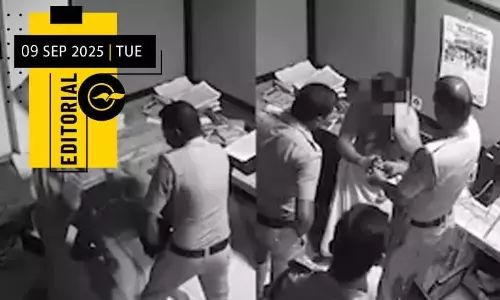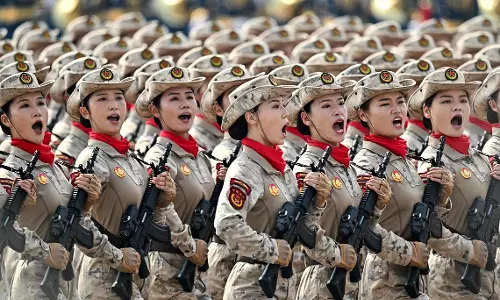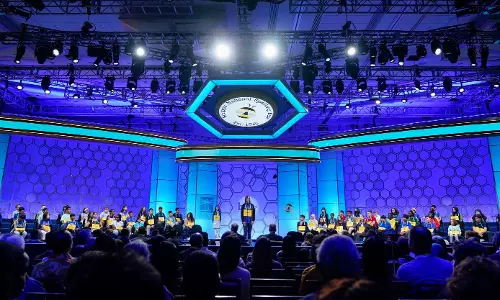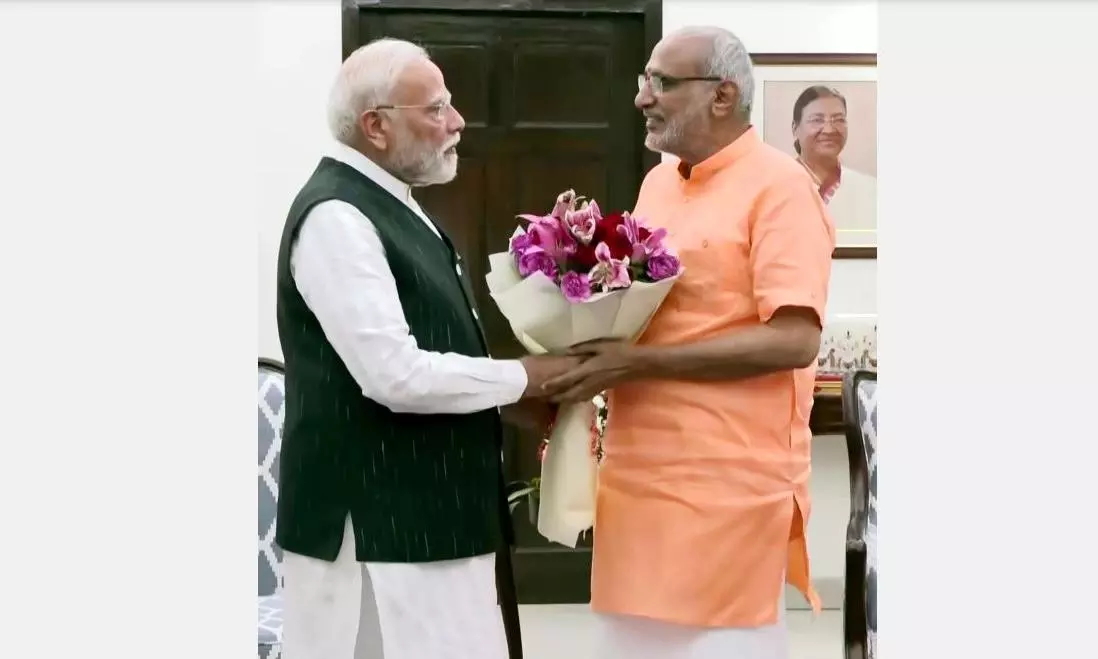
Takeaways from Vice-Presidential election results
text_fieldsFormer MP C.P. Radhakrishnan of NDA has been elected as the 15th Vice President of India, beating the Indian National Congress candidate Justice B. Sudarshan Reddy by securing 452 votes against 300. The NDA has a clear majority in terms of number of seats across parties in Parliament. Given this C.P. Radhakrishnan's victory was certain. However the Opposition’s calculations to defeat the NDA candidate by the lowest margin in the history of the House went awry. INDIA bloc fell short of 15 votes against its hope of bagging 315 votes. Some of its member crossed over to the ruling side; this is evident from the situation where NDA expected 432 votes but ended up gaining 20 more. Its more details could come in the days to come. However, it is not a small thing to cut down NDA’s majority to about one third of Jagdeep Dhankar’s 2022 winning margin of 346 votes out of 528 he gained. In 2002, Bhairon Singh Shekhawat became Vice President with a margin of just 149 votes. After that, Radhakrishnan is left with the smallest majority. The result could be attributed to Opposition’s more serious approach to the election. Nevertheless the NDA technically won the polls, Rahul Gandhi and his team can take pride in having put up a strong political battle.
This is the first time in the history of independent India a by-election for the Vice President is held. The circumstances leading up to it remain a mystery. The poll came about when Jagdeep Dhankar, who had won with a huge majority in 2022, resigned on July 21. There is still no satisfactory answer as to why he resigned. In a post on ‘X’ announcing resignation, he cited health reasons. But that cannot be considered much of a credible answer. He was in the chair of the Rajya Sabha at the beginning of the monsoon session of Parliament that concluded last week. Nothing regarding his health was known in those days or before. Moreover, he was seen in public as completely healthy. His conducting of Rajya Sabha politically favouring the Modi government's policies was much discussed. So much so that the opposition even brought in a no-confidence motion against him in the Rajya Sabha, citing Dhankar's unilateral intervention. The government protected Dhankar by dissolving the House before the resolution was even discussed. The fact that Dhankar, a strong advocate of Hindutva politics and Modi government policies, has not been seen since his resignation also adds to the mystery. INDIA bloc faced this election by raising serious discussions on issues including this and 'vote theft'. The opposition's choice of a strong candidate like Sudarshan Reddy was itself a good step. His announcement of entering in a fight to regain the spirit of democracy was widely accepted. However, it cannot be said to have fully reflected in the vote. Here too, the front succumbed to its inherent weakness of defections happening at crucial junctures. However, the election campaign outside Parliament has boosted the opposition’s confidence. It is comforting for believers in democratic to see its resonance in Bihar.
With C.P. Radhakrishnan becoming the Vice President, another chapter in the rule of Hindutva in India has turned. Another nominee of RSS has become the head of the government. He entered politics through the RSS at the age of 16. It is not wrong to say that the Sangh Parivar spread its roots in Tamil Nadu through Radhakrishnan. He also proved how to use communal conflicts effectively in electoral politics. His parliament entry came in the elections following the severe communal division after the Coimbatore riots in 1998. He won the next year as well but failed when he ran for the third time after the ripples of the riot had completely subsided. Even then, he found place for himself in the Central Coir Board and other places as Modi's acolyte. He worked in various Raj Bhavans for two years. The post of Vice President came to him while serving as the Governor of Maharashtra. Nation is keenly watching how C.P. Radhakrishnan will function beyond being the Vice President as the Chairman of the Rajya Sabha. We have to expect more direct interventions from the RSS when Radhakrishnan controls the House. Despite a minority in the Rajya Sabha, the opposition led by Kharge was able to gain a significant advantage in the discussions there. It can be assumed that now on his mission will be to set new precedents in the Rajya Sabha including blocking this movement of the opposition. If so, the country is going to witness more tense parliamentary sessions.





